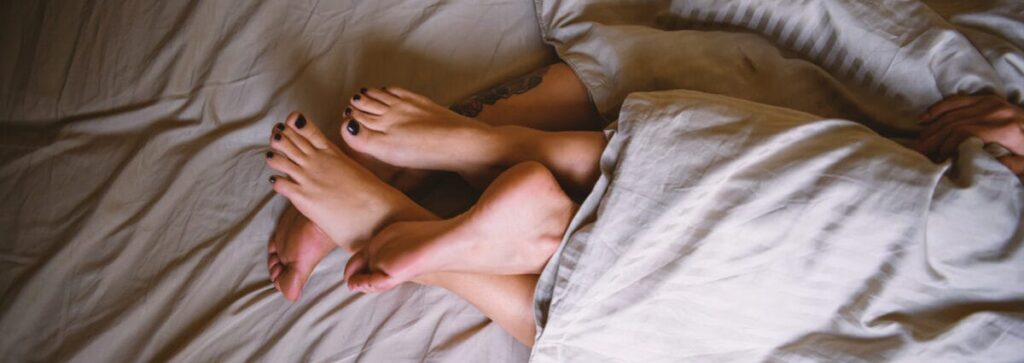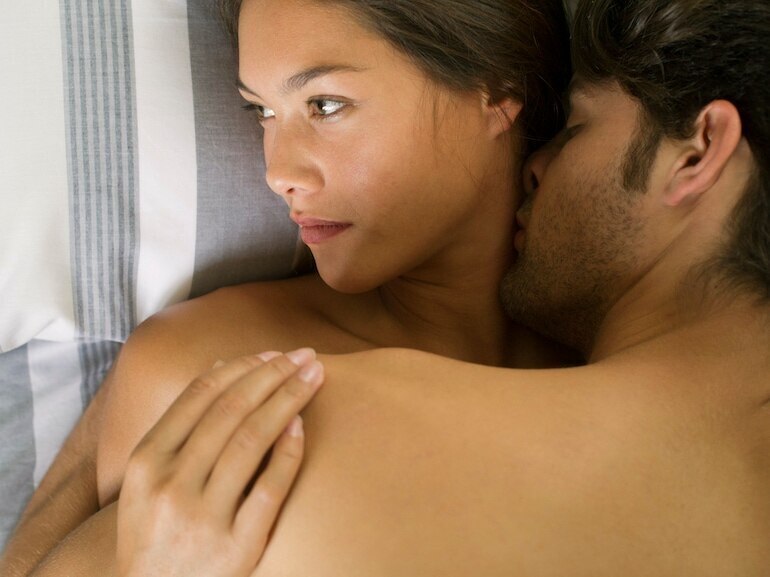Do you know why women have less desire for sex?

It’s not a cliché: women really do have less sex drive than men, and there is more than one explanation for this.
** What happens if you don’t have sex for a long time? Here’s science’s answer **
The first is biological: if headaches have become spotty, the fact of the matter is there are periods on a monthly basis when women have a harder time not only seeking pleasure but also letting go and enjoying the moment.
If the man is driven not only by attraction but also by much more drive issues, the woman in fact has to account for waves of hormones that go up and down.
The second explanation, on the other hand, has to do with the psyche, and this is where society (patriarchal) and again hormones (different than before) come in.
In short: women actually have less desire for sex-and we explain why.
Here’s why women have less desire to have sex
(Continued below photo)

Desire follows cycles
Women have up to a hundred times less testosterone than men.
Not only that. Women have a cyclical sex drive, which follows the menstrual cycle and varies according to the various stages of ovulation and age.
For example, during the ovulation phase testosterone is produced and this hormone activates arousal.
In contrast, the menopausal phase is the one that seems to be most associated with a marked decline in desire.
The reason is easy to guess: the female body urges women to have sex when they are most fertile.
Women are subjected to a different amount of stress
Stress also affects sexual desire.
And net of commendable family balances, there is no question that women hold various roles in which they feel invested with a great deal of responsibility, and this often causes physical and mental energy to drop.
Stress causes increased cortisol production, and the higher the level, the more sexual desire is reduced.
Men also suffer from stress, but thanks to the consistently produced testosterone it does not affect the sexual side.


